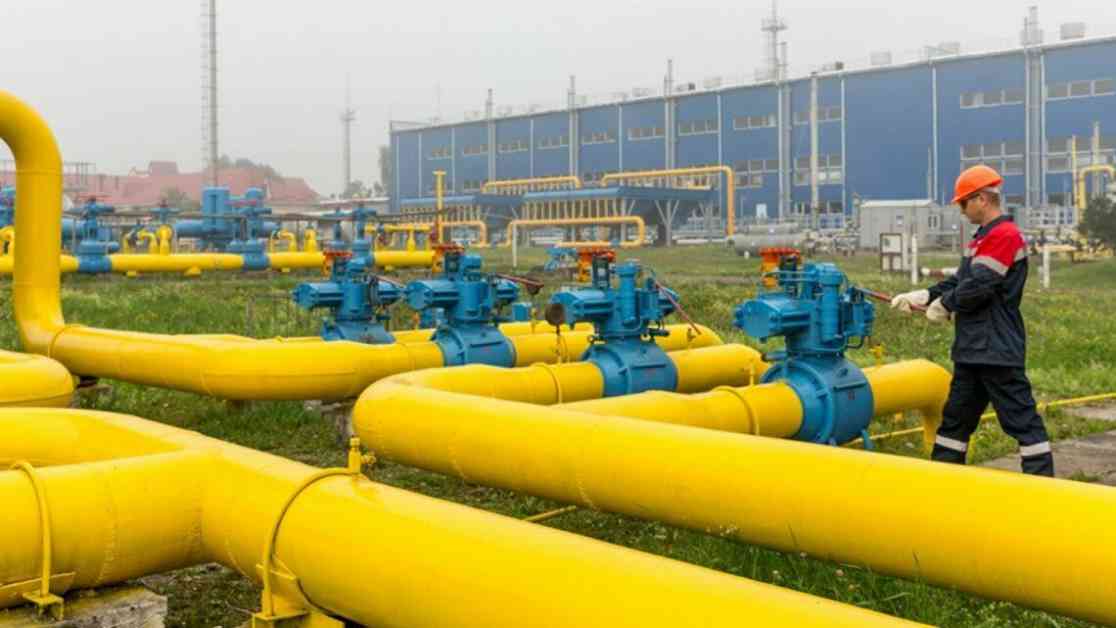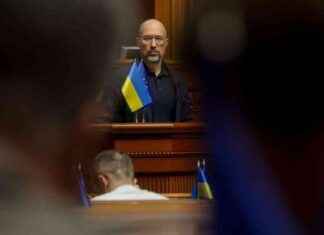Europe’s Russian Gas Era Ends: Gazprom Halts Ukraine Transit
Russia’s Gazprom has initiated the process of cutting off gas flow through Ukraine, signaling the end of Europe’s reliance on Russian gas. The company has reduced daily supplies from 42.4 million cubic meters to 37.2 million, as revealed in market notifications obtained by Reuters. Ukraine’s gas grid operator has confirmed that Gazprom has not reserved any transit capacity for January 1st.
The gas deal between Russia and Ukraine is set to expire on December 31, 2024. Ukraine has made it clear that it will not allow Russian gas to pass through its pipelines after this date, and negotiations for a new agreement have hit a dead end. Russian President Putin stated that reaching a new contract before January 1, 2025, is unlikely.
Market data indicates that Ukraine stands to lose $800 million annually in transit fees, while Gazprom could face a $5 billion loss in gas sales. Despite this, Europe has taken steps to adapt to the changing landscape. Slovakia and Austria have secured new gas suppliers, and Hungary will continue to receive Russian gas through the TurkStream pipeline, as outlined in regulatory filings.
Experts believe that the shift will not have a significant impact on Europe’s gas market, though Moldova may encounter challenges in finding alternative energy sources. The European Union has been proactive in preparing for this transition, having spent two years diversifying its gas supply away from Russia since the conflict in Ukraine began in 2014.
This development marks the conclusion of Russia’s oldest gas route to Europe, a route that faced complications following Russia’s annexation of Crimea in 2014.
Slovak PM Fico’s attempt to pressure Ukraine with power cuts due to the Russian gas transit ban, Ukraine’s receipt of its first LNG shipment from the US amid the shift away from Russian gas, and Bulgaria’s commitment to assist Moldova following the halt in Russian gas supply are all additional noteworthy developments in this evolving situation.
Gas Transit Changes and Implications
The decision by Gazprom to halt gas transit through Ukraine has far-reaching implications for both Ukraine and Europe as a whole. Ukraine’s economy heavily relies on transit fees generated from the transportation of Russian gas to Europe, and the loss of this revenue stream will undoubtedly have a significant impact. Additionally, Europe’s gas market will need to adjust to new supply sources and routes to ensure continued energy security.
Experts suggest that the diversification of gas supply routes and sources is crucial to mitigating potential disruptions in the future. As the region navigates this transition away from Russian gas, countries like Moldova may face challenges in securing alternative energy sources. It is essential for policymakers and energy stakeholders to collaborate on developing robust energy strategies that prioritize stability and sustainability in the face of geopolitical shifts.
The European Union’s proactive efforts to diversify its gas supply in recent years have positioned the bloc to weather this transition successfully. By investing in renewable energy sources, enhancing energy efficiency, and exploring alternative gas supply options, the EU has demonstrated its commitment to ensuring energy security and reducing dependence on any single supplier. As Europe enters a new era of energy transition, cooperation and innovation will be key to navigating the complex geopolitical dynamics shaping the region’s energy future.

















